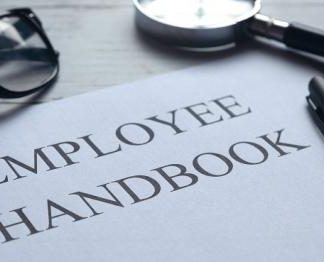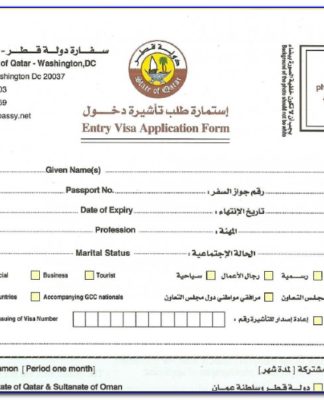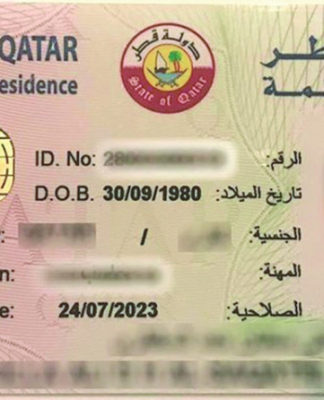Trial without a lawyer: Cuts leave families without representation across UK
In this image taken from TV video feed of the first filming of a court case from the Court of Appeal in London.
By Estelle Nilsson-Julien
Published on 06/02/2024 – 07:47•Updated 10:42
Share this article
Comments
Going to trial without representation? That’s what more and more people in England and Wales are facing. Cuts implemented to government-funded legal aid have left many without a choice. Among the hardest hit areas is family law.
“A week before the hearing date, I realised I was going to have to represent myself in court”, recalls Louisa, a grandmother who had to fight for her grandson’s custody.
Louisa had been looking after her grandson for two years, when social services informed her that she needed to lodge an application with the family courts in order to retain custody.
“From this point on, I had no idea what to do”, she states.
A legal aid crisis
Louisa knew she could not afford a lawyer, but she soon discovered something else – meeting the criteria for government funded legal aid did not guarantee her representation.
In order to obtain government-funded legal representation in England and Wales, an application must be lodged with the Legal Aid Agency.
However, the 2012 LASPO Act – implemented in 2013 – introduced drastic cuts to legal aid and hit family law especially hard.
To obtain legal aid in England and Wales, individuals must earn less than £2,657 a month (€3,039.20). Although this threshold may seem generous, bills for family lawyers rapidly rack up into the thousands – or hundreds of thousands of pounds.
“Solicitors don’t have enough time to devote to cases funded by legal aid. Even people who are eligible, have very little chance of finding a solicitor to represent them,” explains Jenny Beck, co-founder of family law firm Beck & Fitzgerald.
The legal aid fee paid to lawyers is set by the government and usually fixed at an hourly rate. This fee has not increased since 1996 when inflation is factored in – with legal aid fees being reduced by 10% in 2011.
“Many firms turn down legal aid cases, especially when they are complex, for instance if the client needs an interpreter, has mental health problems or if it’s a complex area of law”, adds Jenny Beck.
The barriers to accessing legal aid
Louisa contacted five firms but only one accepted to send a funding application for her case to the Legal Aid Agency.
Louisa received a response – her fees would be covered if she made a £3,000 (€3435) contribution. She refused this offer, explaining she could not afford the fee. A second proposal then came through, asking for a £500 (€577.69) contribution, which she could still not pay.
“This meant that months of stress and time spent putting together an application amounted to nothing”, Louisa tells Euronews.
In May 2023, the government implemented measures to facilitate access to legal aid in child custody cases. But Kinship Carers, a family rights charity told Euronews “the measure does not go far enough and many grandparents are assessed on their capital to access legal aid, but they have no income.”
Louisa recalls the day of the hearing, “I was sitting in the waiting room and I saw lawyers walking past, complainants getting angry, other people shouting. I was so anxious. I managed to win the case. This was all due to the Suffolk Law Centre’s help – but it was still a horrible experience,” concluded Louisa.
Legal advice centres
“Complainants are often overcome with emotion during hearings and leave the court confused. We ask them to write everything down – what they have to do and by when,” Sharon O’Donnell, a Family Law Caseworker at the Suffolk Law Centre tells Euronews.
“We don’t have the budget to offer advocacy services. There is only so much we can help with, especially when people come to us late in the legal process”, explains Sue Wardell, Operations Manager at the Suffolk Law Centre.
In 2016, a 30% increase in the number of cases where two litigants faced each other in court without representation was reported, in comparison with 2012.
Legal advice centres are funded by the national Legal Aid Agency – but in recent years the number of these centres has declined. In 2021, there were 59% fewer centres than in 2009, according to the Law Society. A drop in the number of centres due to a decline in funding which has led to advice deserts – swathes of England and Wales where there are no legal aid advice centres.
When Euronews spoke to the Suffolk Law Centre in October they were operating at ‘maximum capacity’, accepting no new cases until January 2024.
Cases refused by lawyers
But according to some lawyers, legal advice centres can also generate problems.
“These organisations have advisers but they are often not trained lawyers. They will help you fill in the required forms, but they can also add fuel to the fire. Lawyers are trained to avoid litigation, to de-escalate a situation and encourage mediation’, explains Jenny Beck, co-founder of family law firm Beck & Fitzgerald.
Following the 2013 legal aid regulation, only domestic violence and child abuse cases guarantee legal aid in private family proceedings. According to the latest government figures, roughly 84% of family law cases supported by evidence of child or domestic abuse received funding.
Finding a lawyer at the last minute
Last July, Marion, a mother of three young children, received a letter from her ex-husband’s lawyer requesting custody of their children.
“My ex-partner was abusive, sometimes physically but mainly emotionally. I wanted us to stay on good terms but after we separated, he tried to take our children and the police intervened.”
Marion didn’t know legal advice centres existed – so she navigated the legal system alone, with the help of a friend who was a former lawyer. The process was draining, “I was the one replying to my ex partner’s lawyer, there was no intermediary to protect me”, she recalls.
Only one legal firm accepted to make a legal aid application for Marion’s case. After it was refused, she realised she would have to represent herself in court.
I kept telling myself ‘don’t cry, stop shaking, don’t throw up’
Marion recalls how “terrified” she was on the day of the hearing.
But a stroke of luck came her way, as Marion discovered a free on-site representation service funded by the Central England Law Centre while waiting for her hearing. Although many courts do not offer these services – Marion was able to speak with a paralegal who represented her on the same day.
“I was in distress because my ex partner’s solicitor had demanded a ‘fact-finding hearing’ at the last minute. The paralegal explained that it wasn’t too late to change my mind and advised against me doing it. I would have had no idea”, Marion explains.
“In the courtroom, I kept telling myself ‘don’t cry, stop shaking, don’t throw up’. I could barely control my body, it was impossible to digest everything that was happening around me – l can’t think how I would have represented myself”, she recalls.
As it stands, the case is still ongoing. Marion has an upcoming court date, for which she does not yet know whether she will have a lawyer.
The government’s response
A Ministry of Justice spokesperson told Euronews it had “widened” the “evidential requirements” “for victims of domestic abuse applying for legal aid to make it easier for them to prove their claims”.
A spokesperson underlined that “last year alone we spent £2 billion (around €2,302,599) helping people in legal difficulty and have recently widened the scope of legal aid to help more victims of domestic abuse and family cases.”
While the Ministry of Justice insists that the “priority is to ensure that legal aid is available to those who need it most”, with a review on legal aid access set to be published in 2024.
Names have been changed in this story to respect the anonymity of interviewees.






























